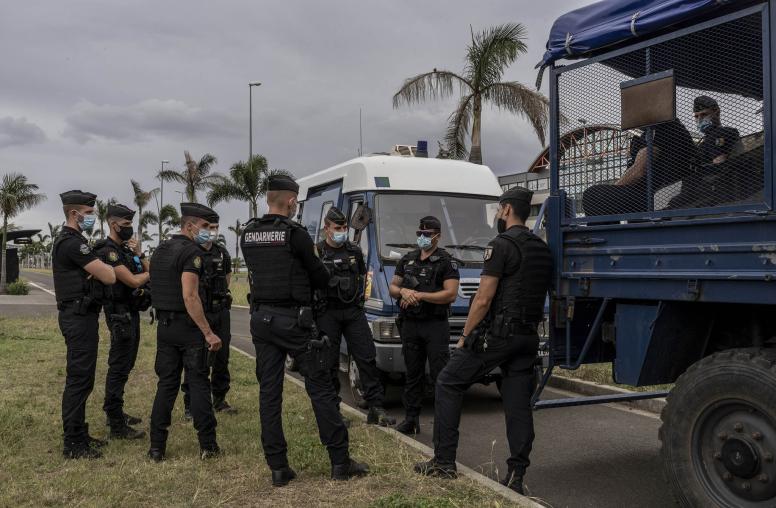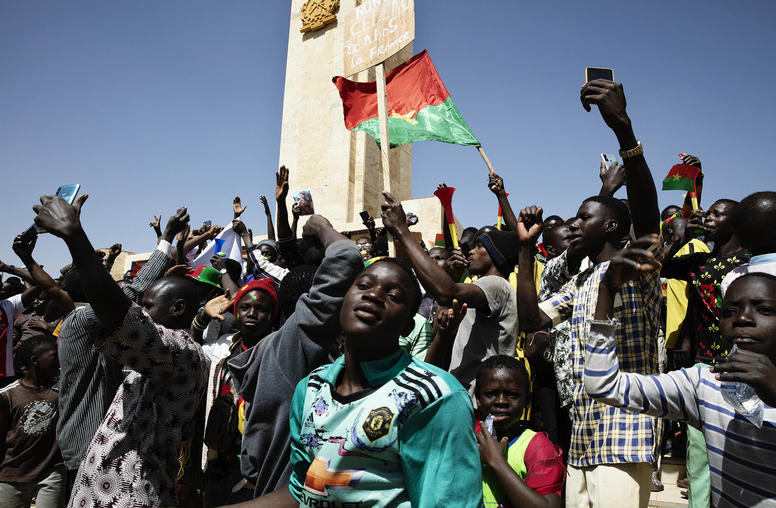Preventing Conflict Amid the Global Food Crisis
As War in Ukraine Drives Food Shortages, How Can the International Community Stem Violence in Fragile Regions?
Now in its fourth month, Russia’s invasion of Ukraine has prevented the export of grain, fertilizer and other agricultural products vital to the world’s food supply. This has been devastating for people living in poor and food-insecure countries, as desperate communities without a reliable food supply could be forced to compete for limited resources or seek support from opportunistic non-government actors. This burgeoning food security crisis not only threatens to exacerbate global humanitarian needs on an unprecedented scale — it could also amplify or trigger conflict in fragile countries and regions.
With the potential for a global food crisis to greatly accelerate and exacerbate conflict dynamics in fragile states, the international community must adopt a conflict lens to prevent a humanitarian disaster of even greater proportions from unfolding.
On June 30, USIP hosted a conversation with leading experts on how the international community can work together to help prevent or mitigate the possibility of violence caused by a food security crisis of this scale.
Continue the conversation on Twitter with #HungerAndConflict.
Hear a one-on-one interview with Arif Husain in our Event Extra podcast.
Speakers
Lise Grande, introductory remarks
President and CEO, U.S. Institute of Peace
Isobel Coleman, keynote remarks
Deputy Administrator for Policy and Programming, U.S. Agency for International Development
Abdi Aynte
Former Minisiter of Planning and Economic Promotion, Somalia
Arif Husain
Chief Economist, World Food Program
Haneen Sayed
Lead Human Development Specialist, Middle East and North Africa, World Bank
Ambassador Johnnie Carson, moderator
Senior Advisor, U.S. Institute of Peace



